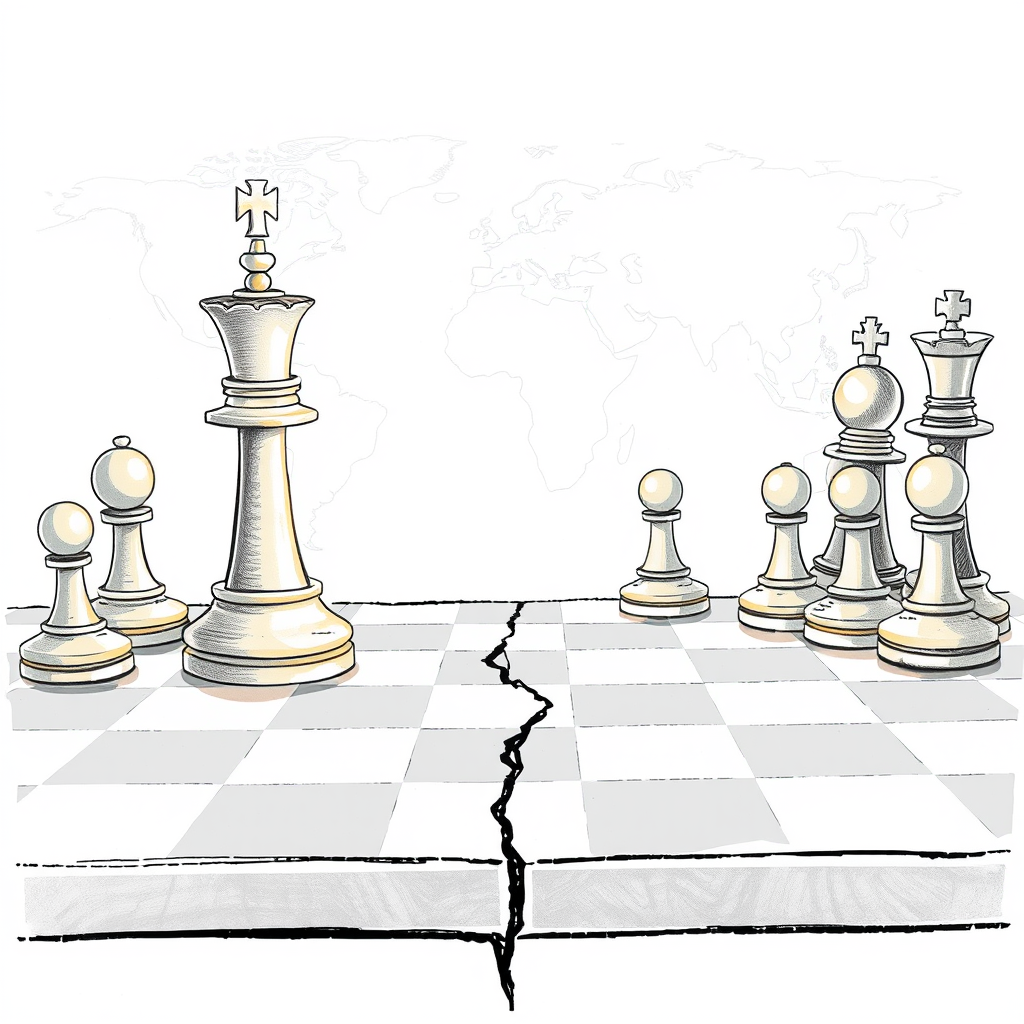Trump’s Retreat Signals Weakness, Experts Warn

Donald Trump’s recent shift in trade negotiations is being interpreted by international observers as a sign of weakness, potentially emboldening other nations to adopt a harder line, according to a new report from Bloomberg. While the recent agreement reached in Switzerland – halting escalation in the trade war with China – was initially seen as a partial victory for the President, experts suggest it has inadvertently signaled a willingness to concede ground.
The Bloomberg report details how countries previously aligned with the US on trade issues are now reassessing their positions. Officials in Seoul and Brussels, who had largely refrained from retaliating against American tariffs, are reportedly recognizing a shift in the negotiating landscape. The unexpected retreat from a proposed 145% duty on Chinese goods is viewed as evidence that the Trump administration may be more willing to compromise than previously indicated.
“This shifts the negotiating dynamic,” explained Stephen Olson, a former US trade negotiator currently with the ISEAS – Yusof Ishak Institute in Singapore. He believes other nations will conclude Trump “has begun to realize that he has overplayed his hand.”
The report notes a reluctance among world leaders to publicly alter their approach, but indicates larger nations are privately acknowledging increased leverage. They appear to be slowing the pace of negotiations, confident they can now exert more influence.
Marko Papic, chief strategist at GeoMacro at BCA Research, suggests other countries may learn from China’s strategy of remaining firm and forcing concessions from the President. This assessment paints a picture of a potentially weakened US negotiating position, stemming from a perceived need to de-escalate tensions with China. The full Bloomberg report is available with a paid subscription.
It’s a fascinating, and potentially concerning, development. The initial goal of the trade war was to level the playing field and secure better deals for American businesses. However, if the perception of weakness takes hold, it could ultimately undermine US negotiating power and lead to outcomes less favorable than originally intended. The key now will be how the administration responds to this shifting dynamic and whether it can regain the upper hand without reigniting broader trade conflicts.